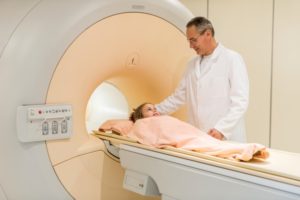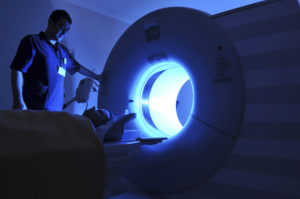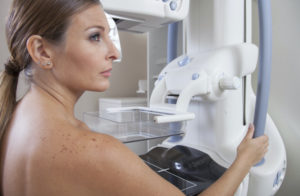BRCA Gene: No Longer Patented
 In a decision entirely timely to the recent topics in national news from a month ago and our own blog this week, the U.S. Supreme Court has made a ruling that’s integral to the status of the BRCA gene: in an unanimous decision, they concluded that a human genome cannot be patented. What does that mean?
In a decision entirely timely to the recent topics in national news from a month ago and our own blog this week, the U.S. Supreme Court has made a ruling that’s integral to the status of the BRCA gene: in an unanimous decision, they concluded that a human genome cannot be patented. What does that mean?Back in the beginning, a brilliant scientist named Dr. Mary-Claire King discovered the BRCA gene mutation. This was an amazing step toward saving the lives of many women: by determining a genetic link of breast and ovarian cancers, proactive steps could be taken to deter them. Great news!
Since then, Myriad Genetics created a way to test for the BRCA gene mutation. This was another great step: how to quickly and easily (relatively) find a woman’s risk factors. Then they did something problematic – they patented the gene.
Patenting the gene put a lock-down on some aspects of further research, and created a monopoly on the testing for it, which had an effect on the cost of testing as well. And it forced the question: can something that occurs in nature be “owned” by a single entity?
That question could have been forced by any of the 20% of human genes that were patented. Because the lawsuit was based on the BRCA gene, however, the national spotlight falls once again on the plight of women facing a future that potentially involves breast cancer.
Yesterday, a collective cheer went up in the women’s health community when the Supreme Court “freed” the BRCA gene from its patent, thus paving the way to a better future for women’s breast and ovarian health. Hooray!
Image Credit: USSupremeCourtWestFacade; Creator: Matthew Wade Photography; License: Creative Commons Attribution-Share Alike 3.0 Unported
Originally published 6/14/13 on mammographykc.com.





